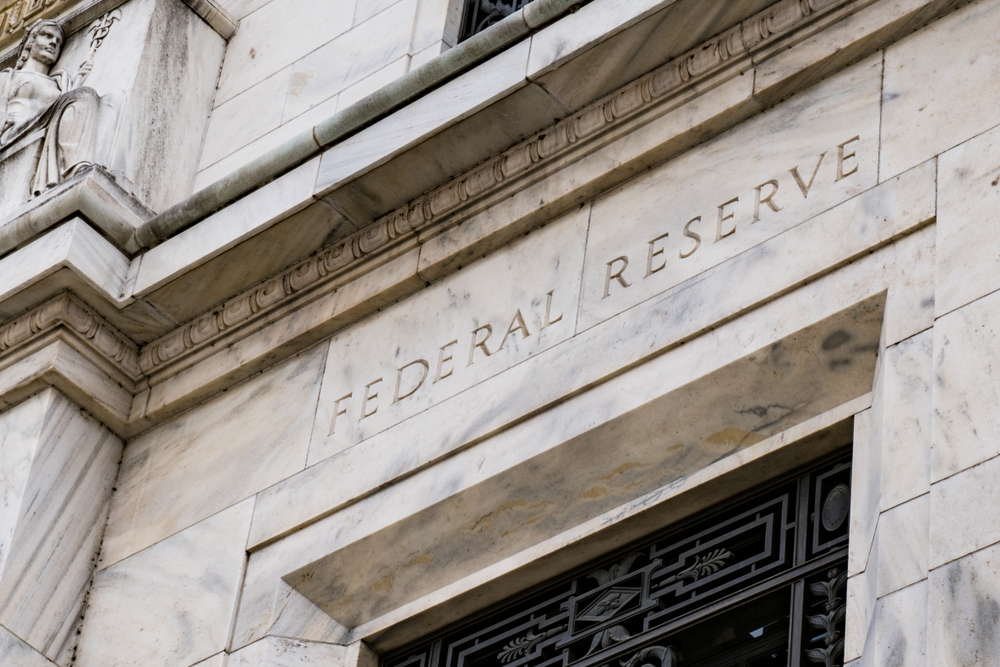Business
Fed President: Low Rates Will Make Next Downturn Even Worse

In a surprising bit of honesty, a Federal Reserve Bank President admitted yesterday that by keeping interest rates low for so long, they’ve made the next economic downturn even worse than it would have otherwise been.
Boston Federal Reserve President Eric Rosengren said that years of low interest rates led to excessive risk-taking in commercial real estate. With this, now, the pandemic will create a surge in defaults and bankruptcies. This may take place as businesses across the country fail and workers lose their jobs.
He said the economy would have suffered from the pandemic no matter where the Fed had interest rates were at the time. However, the excessive risk-taking due to low interest rates means the recovery will be even harder.
“Clearly a deadly pandemic was bound to badly impact the economy,” Rosengren said. “However, I am sorry to say that the slow build-up of risk in the low-interest-rate environment that preceded the current recession likely will make the economic recovery from the pandemic more difficult.”
Maximizing Returns
With interest rates so low, Rosengren says commercial real estate firms happily took on more risk in order to maximize their returns.
They “gradually increased risk by taking on more leverage,” he said. This”magnifies returns with good outcomes – but also magnifies losses when bad outcomes occur.”
“This increase in risk-taking is more likely to take place in a low-interest environment,” he added. Rosengren likened it to “the one which prevailed in the aftermath of (and as a result of) the financial crisis and Great Recession.”
The “low rates persisting for an extended period even after the economy has made progress in the recovery” said Rosengren. Here, he specifically addressed the Fed’s decision to keep rates at near-zero for more than six years. The Fed did so while the country recovered from the Great Recession.
During periods of low interest rates, “businesses and firms take on additional debt and accumulate more risky assets in search of better returns,” he said. This potentially bids up “asset prices to unsustainable levels.”
Now, occupancy rates are plunging amidst the pandemic. Tenants are also looking to pay reduced rent or skip paying altogether. With these, commercial landlords are getting pinched.
A Spike in Unemployment
Rosengren also expressed concern about the resulting spike in job losses as many of the businesses close.
“The build-up in risks in commercial real estate, and leverage in the corporate sector, prior to the COVID-19 pandemic are likely to result in more bankruptcies and higher unemployment during this crisis than if less risk had been taken,” he said.
The situation will likely only worsen unless another round of stimulus is passed that includes more funding for PPP loans. It is a vital way for small businesses to continue paying rent. If there are no more PPP loans, more businesses will likely go under, putting commercial real estate into further peril.
Up Next:















